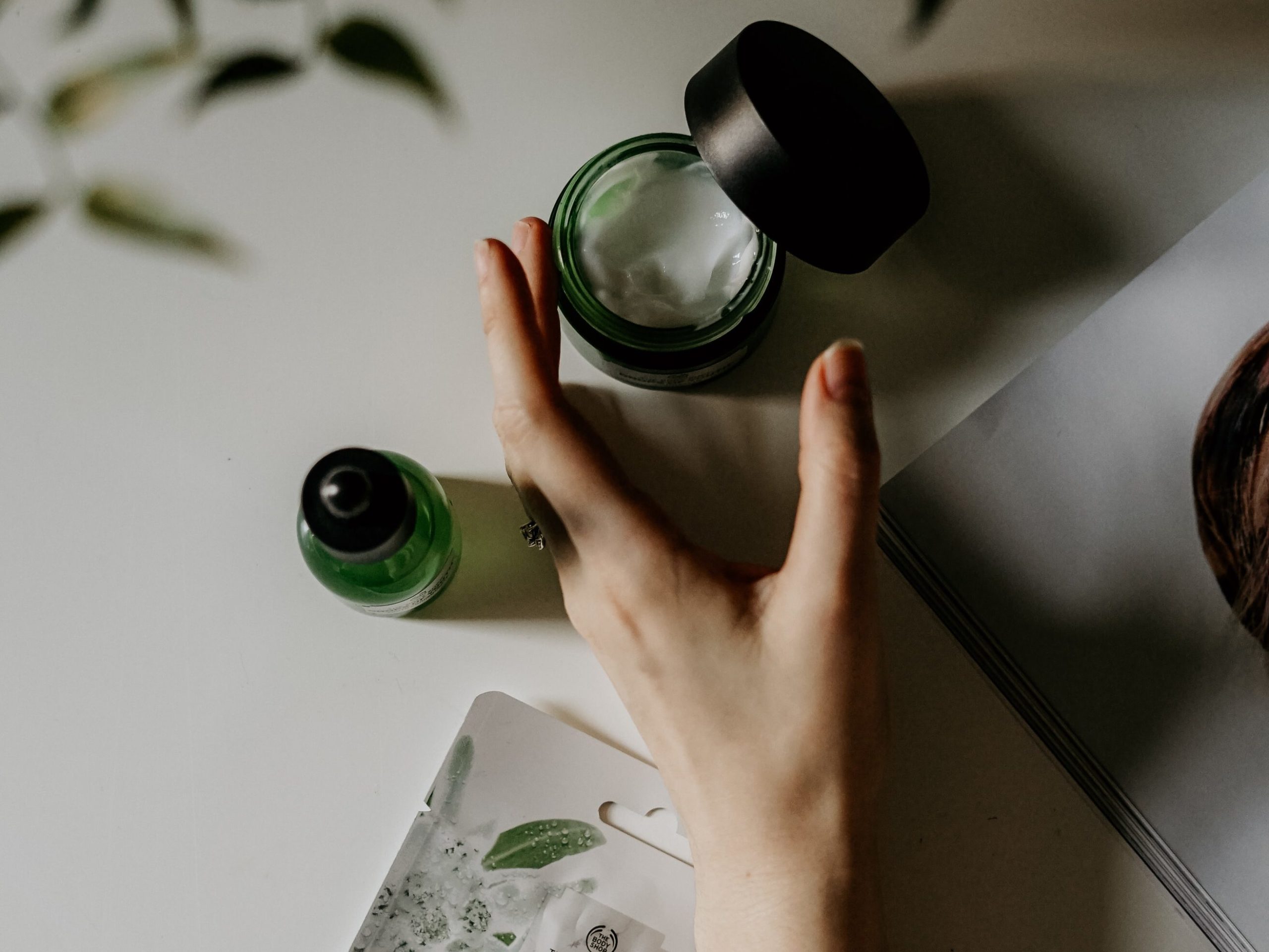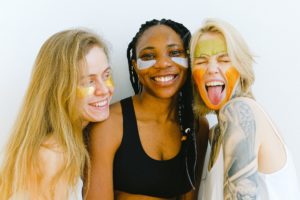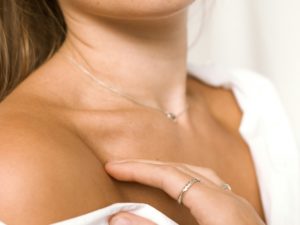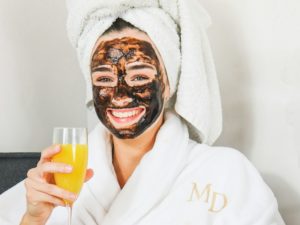Skincare and Beauty Industry Scams You Did Not Know About
There are things that skincare companies don’t want you to know.
And I, for one, think it’s time to expose everything about the industry.

The beauty industry and skincare industry are filled with fake pseudo-science, legal term loopholes, and miracle claims with no scientific support.
Why do we still buy the products if they’re worthless? We just don’t know how badly the industry is scamming us.
Here are all the ways the skincare and beauty industries basically steal money from you.
What is Skincare and Why is it Important
The purpose of skincare is to support the skin.
The skin is the largest organ in the body, responsible for defending, sensing, and protecting.
Everyone should have an actually helpful skincare routine, not hype or gimmick.
Skincare should be about providing your skin with the ingredients it needs to thrive, and you deserve to be more aware of the potential waste of money or scams.
If skincare was medicine, you wouldn’t want false information or overhyped claims with no effect.
How Do Companies Get Away with False Claims?
The FDA prohibits misbranding, false, or misleading products, so how do companies get away with this?
The point of advertising claims is to make you want to buy a product that’s not unusual or bad.
What is bad is when the claims are completely untrustworthy.
Which sounds unreasonable if the FDA is on top of it.
This study found that about 82% of claims in ads are fake. Check out all the loopholes and industry tricks below.
Love Hypoallergenic Products? Think Again
Hypoallergenic products claim to be good for sensitive skin, provide no allergic reactions, and are safer in general.
Well, here’s what the FDA says:
“There are no Federal standards or definitions that govern the use of the term “hypoallergenic.” The term means whatever a particular company wants it to mean.”
Straight from the website.
The FDA does not Define Many Terms Actually
Words like “green,” “clean,” and even “organic”, however, can be taken out of context and misused.
There are no definitions for these terms in the context of cosmetics or skin products.
All Natural Has No Weight
Anything can be called all-natural.
This is a term used in the food industry to indicate meat and products with no artificial dyes or ingredients, but it doesn’t mean much in beauty and skincare.
Dermatologist Recommended Products Are Probably Not
The term dermatologist-recommended simply means that a dermatologist, a skin expert, was paid to provide an endorsement.
Now, if this sounds like a bribe, that’s because it is. No actual testing needs to be done for dermatologist-recommended products.
This misleading wording causes people to trust and buy brands that may not be all that good for you.
What is a little bit better? Dermatologist Tested. This can mean a variety of things, however; maybe the dermatologist was involved in the formulation, maybe they did a patch test on themselves, maybe 1000 people tried it out.
Again, there’s no regal definition for this term.
The Words Used are Meant to Confuse
“Inspired by science”, “award winning”, and “clinically proven”.
All that sounds great right? You guessed it though, also misleading wording.
The companies can claim ‘inspired by science’ without doing any testing at all.
Award winning may just be them giving their own product an award. It’s like performing an internal investigation; you investigate yourself then say ‘yup, everything checks out.’
The Takeaway
The skin care, cosmetics, and beauty industry are full of untrue claims, fake science, and misleading advertisements.
Skincare should be about supporting the skin, treating and healing skin concerns, and finding ingredients that work for you.
It is progress, not perfection, and deserves to be treated without fear of falling for a scam.
While there are ingredients we should avoid, clean beauty or green products probably won’t be an indication of what’s safe.
The FDA lacks definitions for many gimmicky terms out there, so be aware of that, do your due diligence, and know what ingredients are supported by science, and what wording is just there to confuse.
Thanks for reading to the end! Soon to come, an article about the top 5 ingredients backed by science in skincare!





